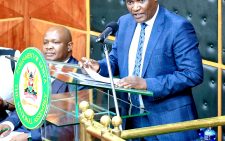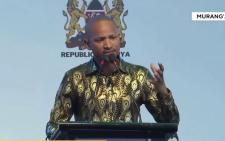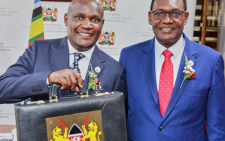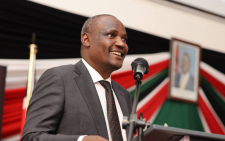Crafty leadership is big on sweet talk, zero-delivery
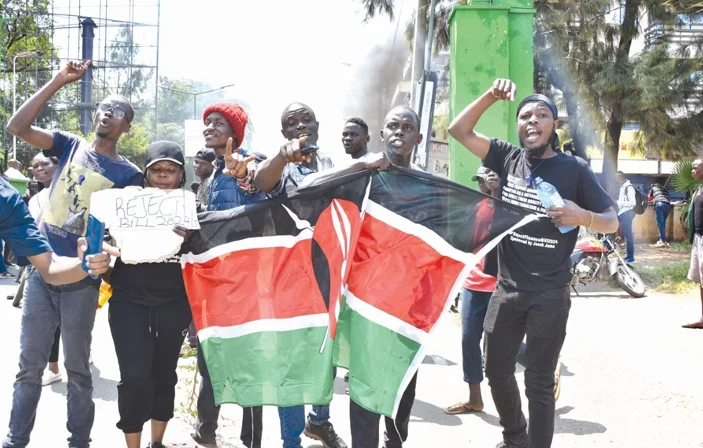
Students of democracy would tell you that Kenya has moved beyond the minimalist dimension of democracy that sees the people as passive electoral participants governed by elected representatives.
The problem with this minimalist dimension is that it is procedural, and it lacks checks and balances, a situation that allows elected leaders to manipulate procedures and power for the benefit of the elites who hold power.
Thanks to the Gen Zs and the recent mass dissent by the people, we are onto the maximalist dimension. The maximalist dimension is substantive and goes beyond what Terry Karl calls the ‘fallacy of electoralism’ to focus on social equity, and common good rather than benefits to a limited elite group of leaders.
It is one thing for the newly appointed cabinet secretaries to pop out on top of fuel guzzlers and say that their perception from outside was blurred and that now that they are inside government, they have realised that the regime has done a lot and another to deliver. Critics say that a crafty leadership is big on sweet talk and zero on deliverables.
The script might be the same, but the audience is different. In a country where no one has disputed the allegations of fake schools that saw individuals steal billions of taxpayers’ money in capitation and salaries, things aren’t going to be the same as Kenyans are no longer passive holders of rights.
We are interrogating more and increasingly it is becoming clear that our biggest problem is the embezzlement of Kenyans’ money in dubious and fictitious projects. Our problem is not revenue.
This government appears to enjoy some newfound favour with investors. Data from the treasury shows that the government went to the market and issued two bonds to borrow 50 billion. The 6.5 years and 17 years bonds with returns of 17.9% and 14.3% respectively were oversubscribed as Kenyans placed bids worth 126 billion.
That tells you revenue is not a problem, even as we borrow to pay loans. The problem is what we are doing with the revenues we collect and the loans we procure.
Today a vigilant Kenyan is attracting attention as many Kenyans volunteer to crowdfund him to continue with the good work of telling us what has been launched and the status of the project.
This Kenyan, now facing the wrath of government bloggers, is essentially engaging the public on the very critical question of government expenditure and investment in projects that are critical for enabling development. Budgeted corruption imefikiwa.
You see, the problem with budgeted corruption is that it does not end with funds for the construction of roads and other mega infrastructure going to powerful peoples’ pockets. No, it denies the citizenry good roads and economic development enablers for years while it oils pocket thieves for years too. You see, if a road is budgeted for and funds disbursed for construction, that road is marked for two things. One, the many years that it will serve the people and two the resources that will be needed periodically to maintain it.
Therefore, a constructed road on paper means that physically the people will be without a good road for years as the documentation will always indicate the existence of the road. Therefore, no funds will be allocated for the construction of the road for years and worse still the very embezzlers of the funds for the non-existent construction will periodically continue stealing any amount budgeted and disbursed for the maintenance of the road.
This tells you that the new cabinet has its work cut out. To break away from this culture of budgeted corruption is just one of the herculean tasks. Secondly is the new norm that has a vigilant public.
This young man, Morara Kebaso on X, who is going round unpacking the status of all the launched projects is worthy of our time and space in the public domain.
However, as Kenyans, we need to keep the conversation elevated and public interest in dimension.
Today we might be crying for the freedom of a few Kenyans calling out the leadership of this country, and we should because they have the right to express themselves. But we must also call out the voices that debase constructive discourse with personal and non-public interest noise.
— The writer is a PhD student in Political Communication

